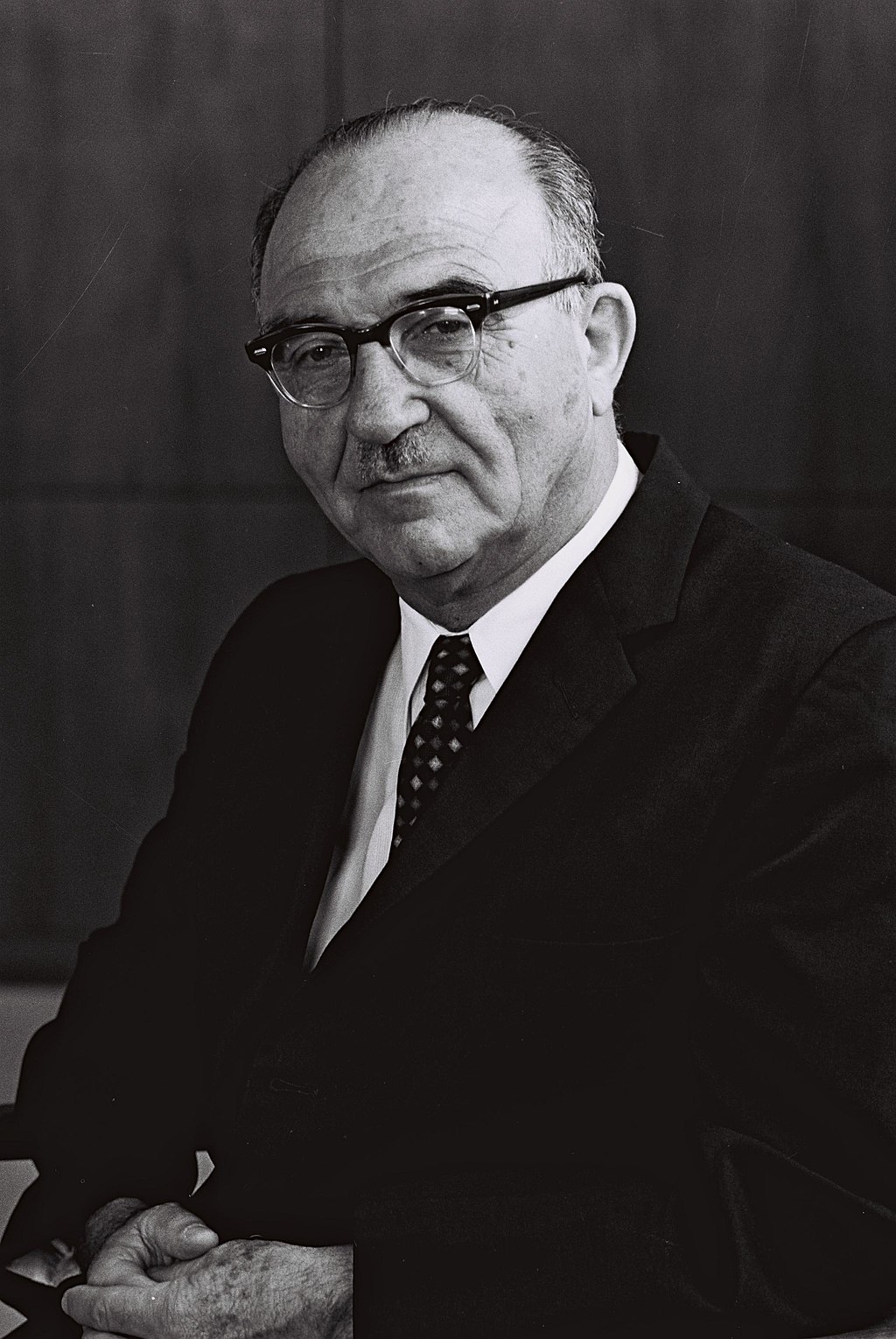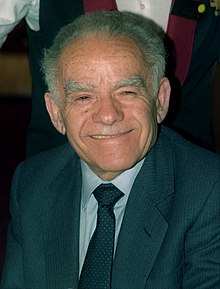Introduction
Ehud Barak is a former Israeli Prime Minister, military leader, and key figure in Israel’s political landscape. Born on February 12, 1942, in Mishmar HaSharon, Barak served as Israel’s most decorated soldier and later became its 10th Prime Minister. His career is marked by a blend of military strategy, political leadership, and controversial decisions that have had a lasting impact on Israel’s security and diplomatic efforts.
Early Life and Military Career
Barak was born in Mishmar HaSharon, a kibbutz in central Israel. He joined the Israel Defense Forces (IDF) in 1959 and quickly rose through the ranks, serving in elite units and becoming known for his bravery and tactical expertise. Barak was involved in several high-profile missions, including the rescue of hostages from hijacked aircraft and covert operations in enemy territory.
In 1991, Barak was appointed Chief of Staff of the IDF, overseeing operations during a critical period in the lead-up to the Oslo Accords. His military experience shaped his approach to leadership and provided him with a deep understanding of Israel’s security needs.
Prime Ministership and the Peace Process
In 1999, Ehud Barak was elected Prime Minister, running on a platform that promised peace and security. Barak initiated negotiations with Palestinian Authority leader Yasser Arafat, culminating in the Camp David Summit in 2000. These negotiations, mediated by U.S. President Bill Clinton, aimed to reach a final status agreement between Israelis and Palestinians but ultimately ended in failure, contributing to the outbreak of the Second Intifada.
Barak also pursued peace talks with Syria, seeking to secure an agreement that would bring lasting stability to Israel’s northern border. Despite initial progress, these negotiations also stalled, and Barak’s ambitious peace efforts were left unfulfilled, leading to widespread disillusionment among Israeli voters.
The Withdrawal from Southern Lebanon
One of Barak’s most significant and controversial decisions was the unilateral withdrawal of Israeli forces from southern Lebanon in 2000. The withdrawal ended Israel’s 18-year military presence in Lebanon, which had been a source of considerable casualties and controversy. While many Israelis welcomed the move, hoping it would bring peace and reduce tensions, it also led to increased activity by Hezbollah along the border, raising concerns about future security threats.
Political Legacy and Later Years
After his tenure as Prime Minister ended in 2001, Barak briefly retired from politics before returning to serve as Minister of Defense under Prime Ministers Ehud Olmert and Benjamin Netanyahu. In this role, Barak oversaw several critical military operations, including Operation Cast Lead in Gaza in 2008-2009, aimed at curbing rocket fire from Hamas.
Barak’s political career has been marked by his pragmatic, often unpredictable approach, blending military decisiveness with a willingness to negotiate. He founded the Independence party in 2011 after splitting from the Labor Party, reflecting his evolving political views and his focus on security above party loyalty.
Legacy and Impact
Ehud Barak’s legacy is complex, reflecting his roles as both a military hero and a political leader who took bold, sometimes divisive, actions. He is remembered for his efforts to achieve peace, his strategic military decisions, and his commitment to Israel’s security. Barak’s career illustrates the challenges of leadership in a region marked by conflict and uncertainty, where the pursuit of peace often involves navigating difficult compromises.
Barak remains an influential figure in Israeli public life, frequently commenting on security and political issues. His insights, drawn from decades of military and political experience, continue to shape the discourse on Israel’s future and its place in the Middle East.



